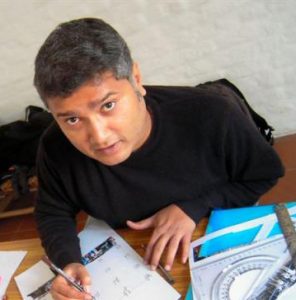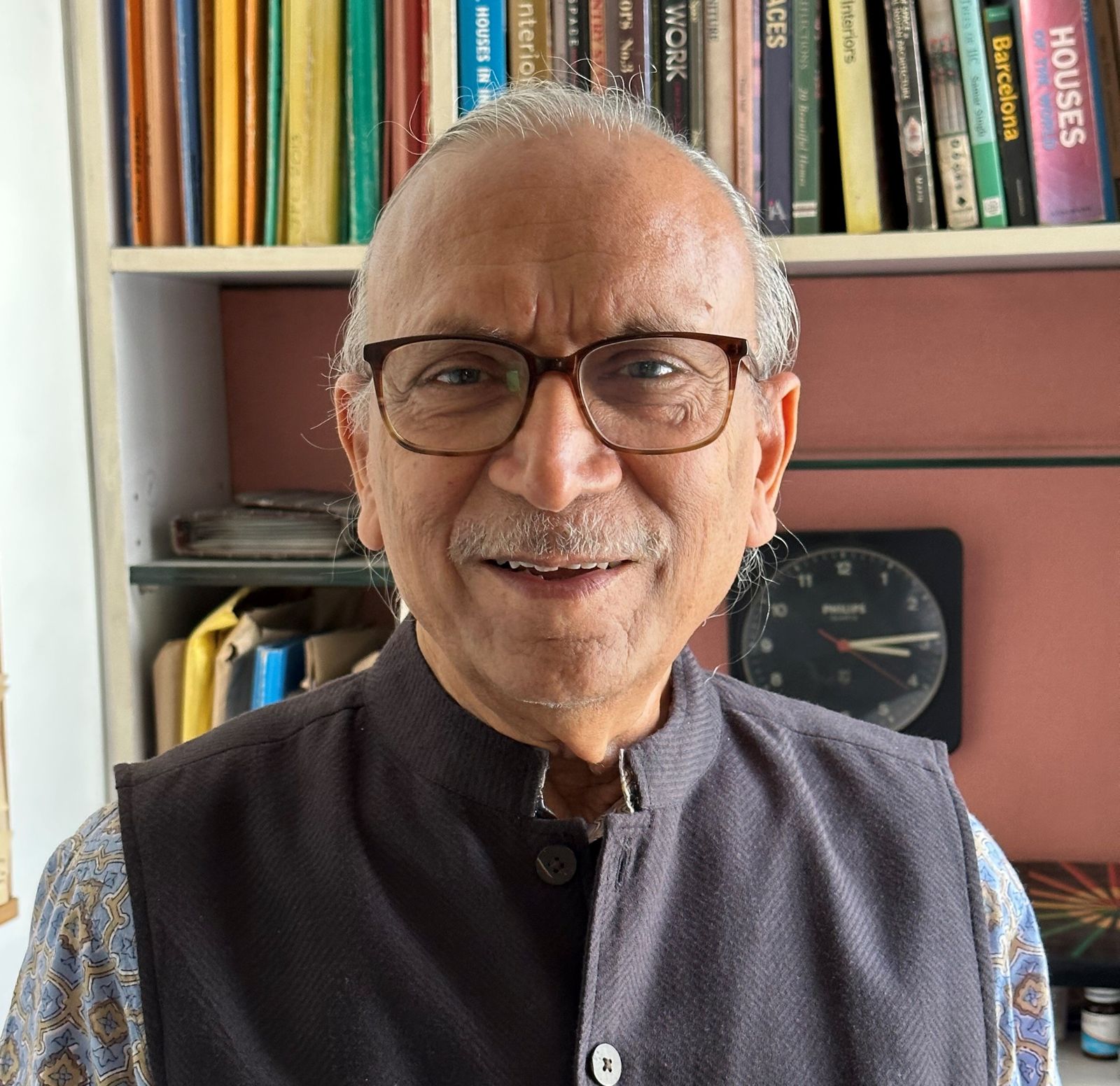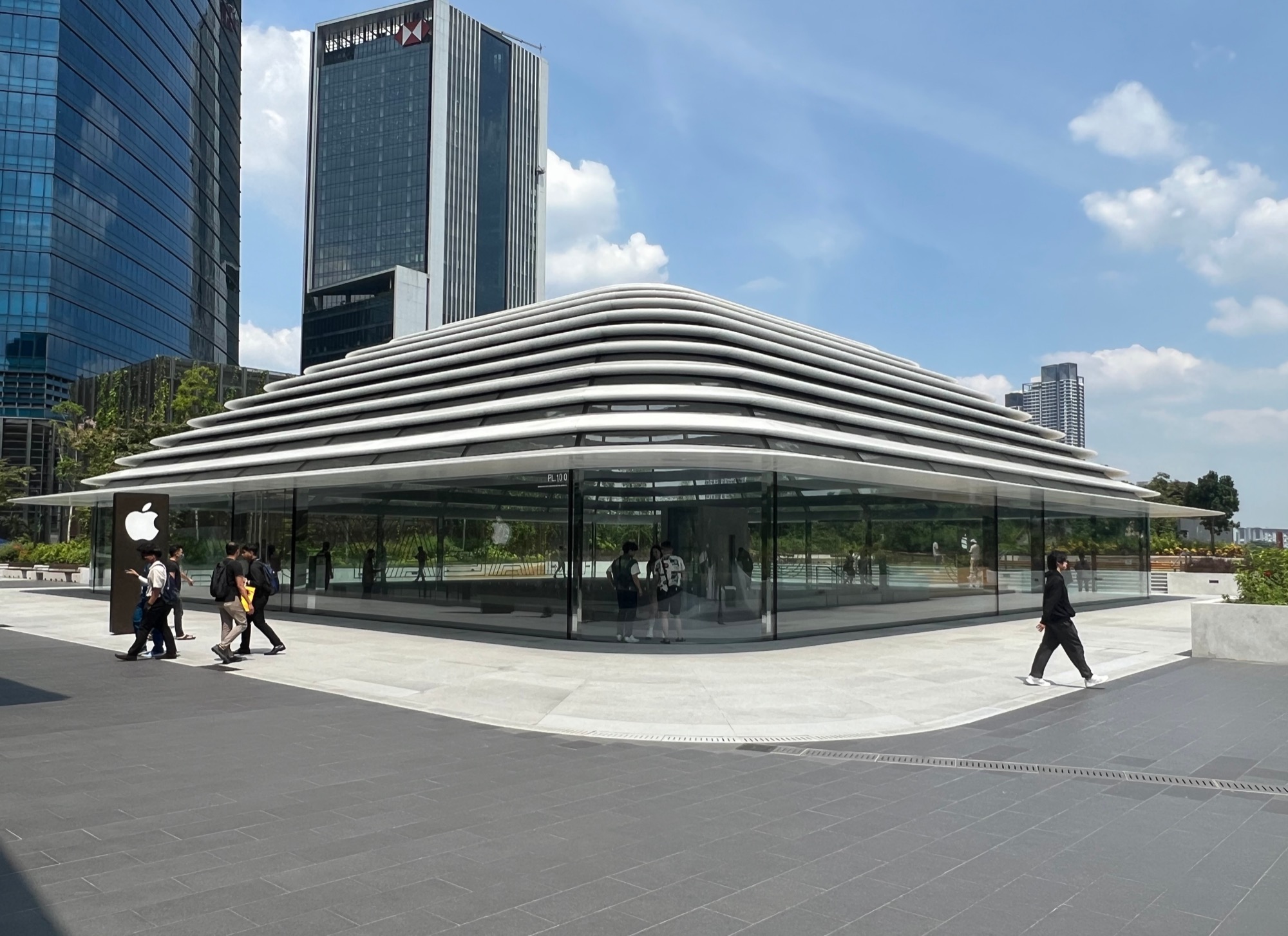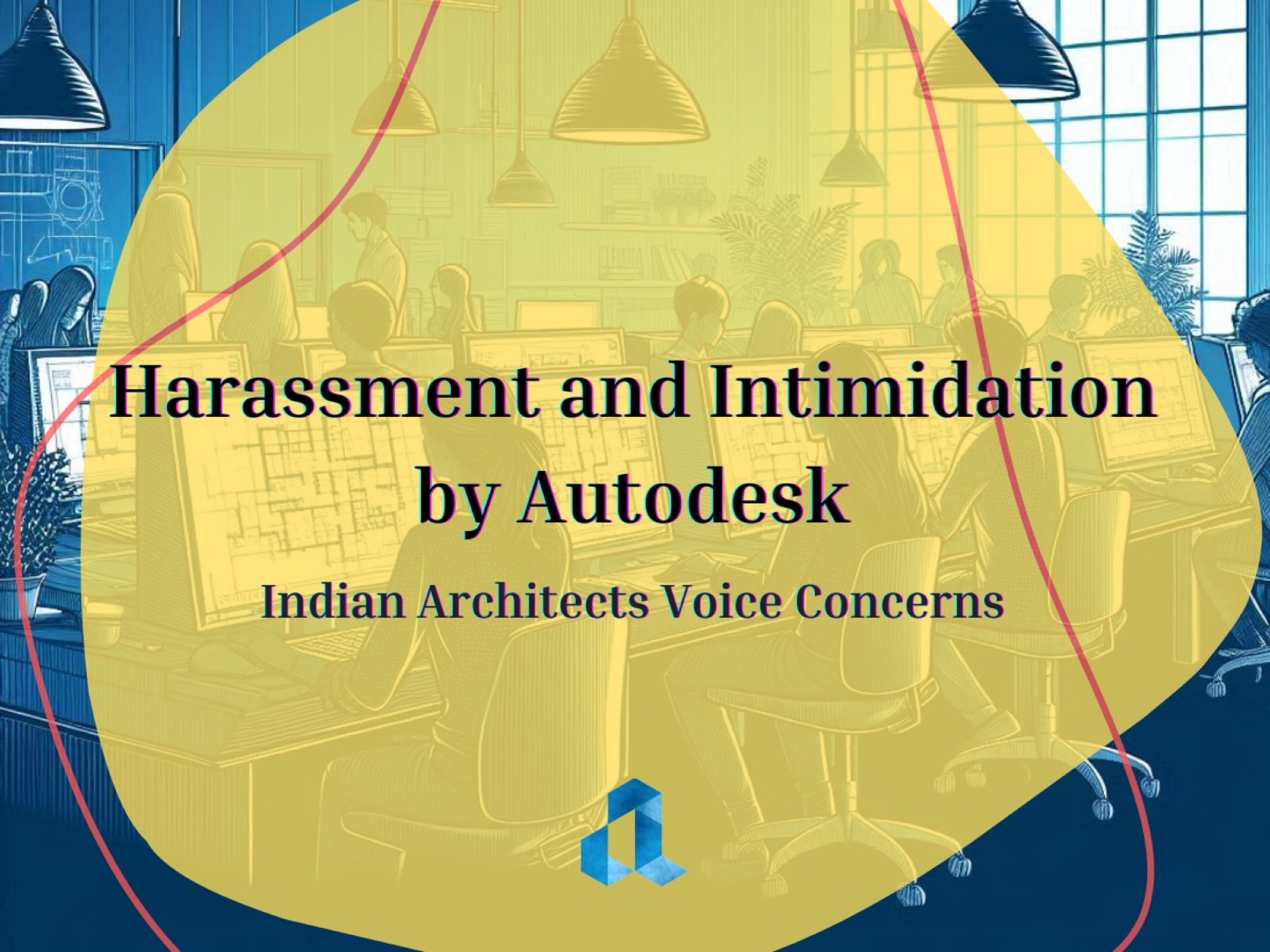Student internship is a quintessential part of an architectural education. However, it is increasingly becoming an unmitigated ordeal for many within the community. Affecting both students and practicing architects, the workforce imbalance and issues of ineptitude have created an unfavourable – and often exploitative – situation.
Inviting the opinions of architects, educators and students, we strive to start a conversation about what can be done to improve this situation. Below, Prasad Shetty and Rupali Gupte, founding members of the Collective Research Initiatives Trust and associate professors at School of Environment & Architecture, ponder upon the feasibility of including internship in architectural education.

The way to regulate architectural internships would be through the Council of Architecture.
Given that this issue requires intervention into professional practices, institutes would be unable to impose any regulations on internships. The Council, however, can curate a pool of architectural offices that offer internships. The students, then, can choose for themselves.
The Council would also need to set the terms of engagement – like minimum periods of work, working hours, minimum remuneration, types of work, etc. Grievances regarding the same should be handled by them, as well.
Delinking Internship from Education
In many countries, architectural internships are not linked to education, but to licensing for practice. This delinking of architectural education from the profession is worth exploring, and will also reduce CoA’s burden in regulating architectural colleges. The CoA, then, will only need to look into the exit criteria, and not bother with the entry criteria of institutions. This would allow one to get a degree in architecture without an internship.
However, it is necessary for one to undergo rigorous training/internship if they wish to practice architecture in the traditional sense. This training/internship should be regulated by the CoA, and perhaps accompanied by some examinations. This delinking is particularly relevant today as architectural education is now far more diversified, and no longer confined to designing and making buildings. In fact, it often serves as a launching pad for related disciplines. The number of graduates undertaking post-grad studies to specialize – in a variety of fields – has increased over the years. If at all, the CoA may regulate only the M.Arch course focused on building design and execution. In this case, one would become directly eligible for registration with the CoA after obtaining their degree.
The demand and supply in the field of education – when left to the market forces and fair practices – correct themselves without intervention. For example, if there are no jobs, then students will not opt for architectural education, hence bringing down the numbers. If the graduates being produced are of a poor quality, they will not get jobs – but this quality control has to happen at the exit level, not at the entry level.
Only CoA can undertake this quality control, by setting up a two-fold evaluation system: exams to test the knowledge of the graduate, and performance reports from offices to test practical performance.
 Prasad Shetty is an urbanist based in Mumbai. He has studied architecture (KRVIA, Mumbai University) and urban management (Institute for Housing & Urban Development Studies, Rotterdam). He is one of the founder members of the urban research collective, CRIT, and also works with the Mumbai Metropolitan Region–Environment Improvement & Heritage Conservation Society, and teaches at the Academy of Architecture as well as School of Environment & Architecture, in Mumbai.
Prasad Shetty is an urbanist based in Mumbai. He has studied architecture (KRVIA, Mumbai University) and urban management (Institute for Housing & Urban Development Studies, Rotterdam). He is one of the founder members of the urban research collective, CRIT, and also works with the Mumbai Metropolitan Region–Environment Improvement & Heritage Conservation Society, and teaches at the Academy of Architecture as well as School of Environment & Architecture, in Mumbai.
 Rupali Gupte is an architect and urbanist practicing and teaching in Mumbai. She has received her Bachelors degree in Architecture from KRVIA, Mumbai University, and her Masters degree from Cornell University. A co-founder of School of Environment & Architecture and Associate Professor at the school, she is also the director of SEA Studio, a research and design laboratory. She is a founder member of the Collective Research Initiatives Trust through which she has undertaken multiple research and design projects.
Rupali Gupte is an architect and urbanist practicing and teaching in Mumbai. She has received her Bachelors degree in Architecture from KRVIA, Mumbai University, and her Masters degree from Cornell University. A co-founder of School of Environment & Architecture and Associate Professor at the school, she is also the director of SEA Studio, a research and design laboratory. She is a founder member of the Collective Research Initiatives Trust through which she has undertaken multiple research and design projects.









2 Responses
I do not foresee or see any issue or problem. Let the student find the place, this is part of learning, of her or his goals, this will give strength in seeking projects and jobs as they grow into the profession